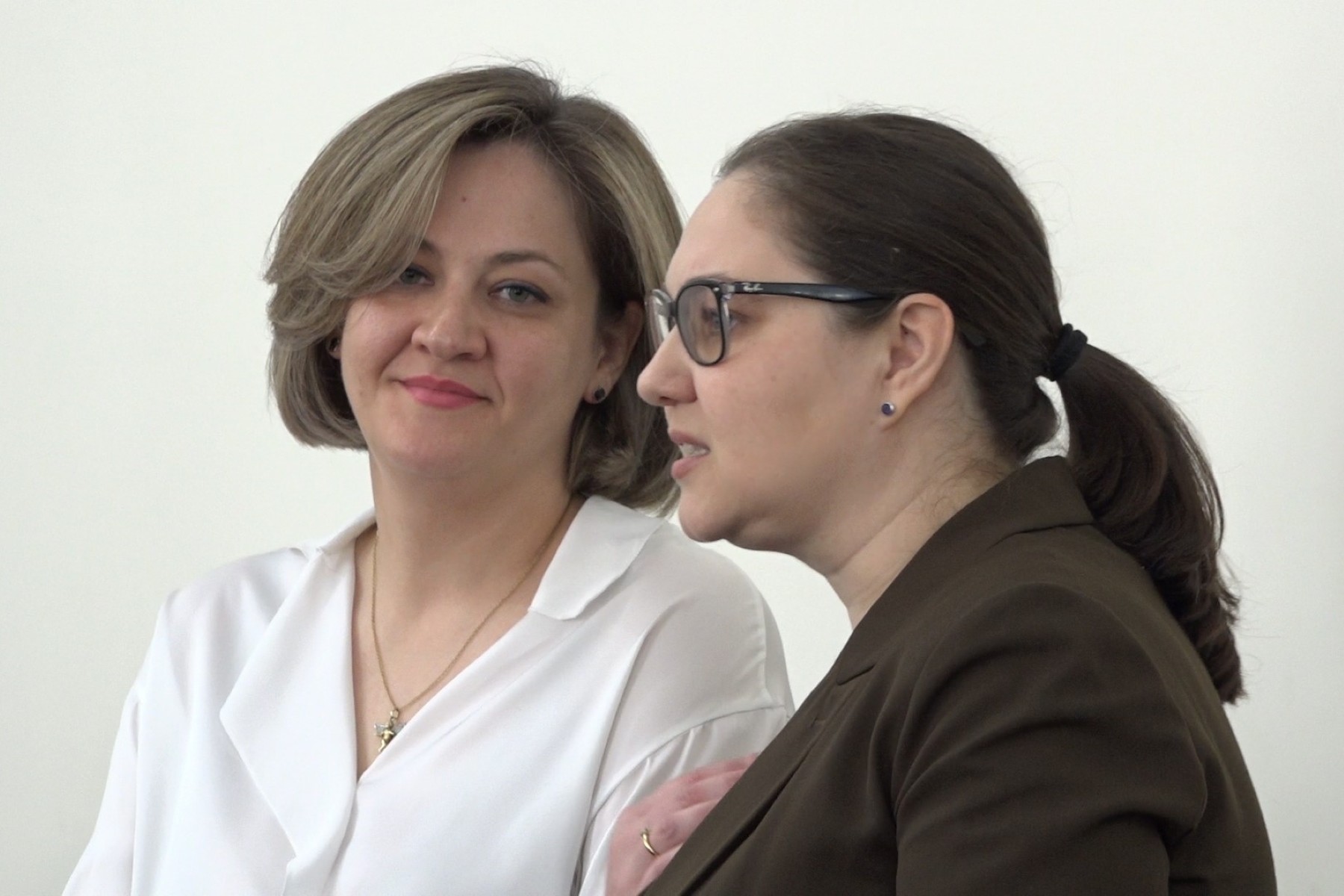
Abkhazia has elected a new human rights commissioner, giving the post to a psychologist with family ties to government officials over a lawyer specialising in human rights in the region.
Abkhazia’s parliament overwhelmingly voted to elect Anas Kishmariya, a 36-year-old who had been working as a psychology and pedagogy teacher at Abkhaz State University and a psychologist at the Alashar kindergarten in Sukhumi (Sukhum), to the post on Wednesday.
She received 32 out of 34 votes, while the other candidate for the role, human rights lawyer Diana Kerselyan, received two.
Kerselyan has been working in the field of human rights in Abkhazia since 2004, and is currently the head of a state programme providing legal support to ‘vulnerable groups’ in Abkhazia’s population.
Kishmariya, who studied psychology at St. Petersburg State University, was said to have had her candidacy supported by Abkhazia’s president, Aslan Bzhaniya. She is the daughter of the former head of Gali (Gal) district, Ruslan Kishmariya, and is reportedly related to the vice-speaker of Abkhazia’s parliament, Astamur Arshba. Prior to the vote, sources stated that Kishmariya was known to be next in line for the position.
Following the announcement of the results, Kerselyan wished Kishmariya good luck in the role, adding that she would continue her human rights work, and was ready to assist the new human rights defender.
Staff of the ombudsman’s office stated that they were ready to assist Kishmariya in the new role. Eleonora Giloyan, an employee of the office of the commissioner for human rights, told OC Media that Kishmariya’s lack of relevant qualifications was not a cause for concern.
‘I personally believe that a person with a quality psychological education can be useful everywhere, and especially in work that is directly related to people and communication, where your main goal is to help a person’, said Giloyan.
She added that it was most important that the commissioner was committed to continuing to protect human rights in Abkhazia.
A tough act to follow
Kerselyan is taking over from Asida Shakryl, who many believe set a high bar for the role.
Shakryl was Abkhazia’s second human rights commissioner, and widely credited with transforming the office. Under her leadership, the office of the commissioner for human rights became significantly more active, regular funding appeared for the office’s work, and its activities became active and transparent.
Abkhazia’s first human rights commissioner left the post in October 2017, after only a year in the role. Asida Shakryl took on the position on 21 March 2018, leaving the position on 21 March of this year, as her five-year term came to an end.
Shakryl was particularly praised for her outspokenness on the subject of human rights abuses by the authorities, her work protecting the rights of prisoners, children, and victims of domestic violence, and her efforts to challenge Abkhazia’s complete ban on abortion.
Shakryl was also noted for advocating for inhabitants of Abkhazia’s Gali (Gal) district, whose population is primarily ethnic Georgian; an area of activity that prompted aggressive criticism.
Eleonora Giloyan, who worked with Shakryl for two years, noted ‘how high the bar was raised’ by the former human rights commissioner.
‘A lot of bold work really was done; public, uncompromising, and there was absolute rejection and intolerance of any kind of infringement of the rights and freedoms of the inhabitants of Abkhazia’, Giloyan told OC Media.
For ease of reading, we choose not to use qualifiers such as ‘de facto’, ‘unrecognised’, or ‘partially recognised’ when discussing institutions or political positions within Abkhazia, Nagorno-Karabakh, and South Ossetia. This does not imply a position on their status.









